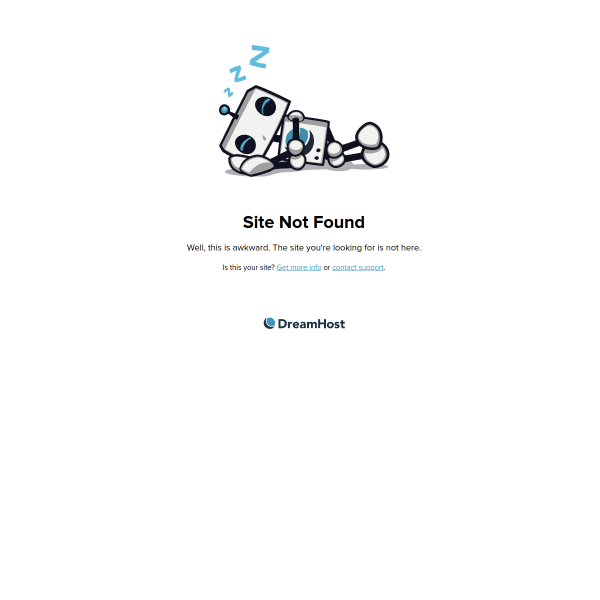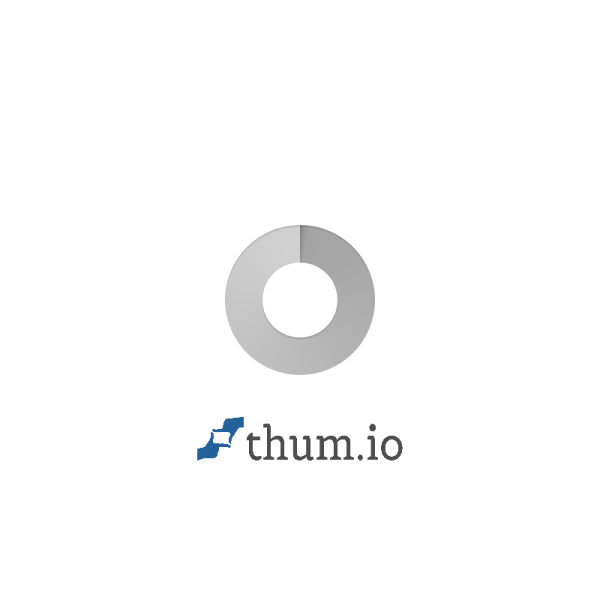Writing and Talking About Startups
Posted by Richard on Saturday, 20 May 2006Working for a small, Vancouver-based web startup (we call ourselves a company now, though), you come across a lot of articles about how to succeed. The following are just the ones I came across recently, missing one I've lost in the shuffle:
- The Cost of Bootstrapping Your Web App
- Boompa.com Launch Postmortem, Part 1: Research, Picking a Team, Office Space and Money
- Talk by Mark Fletcher of Bloglines, formerly of ONElist
- Pretty much every article by Paul Graham mentioning the word 'startup'
There are countless others, and there will be even countless more in the next couple of years. I have no doubt that someone will consider collecting the best such writing into an anthology a la Best Software Writing I. (Joel Sposky, the editor of that volume, has announced the forthcoming second volume. Who will step up to the plate and edit an anthology called Best Hardware Writing?) As usual, it's better to experience working for a startup to learn how they operate than it is to read about how to start one. It's certainly easier to work for a startup than it is to start one, my never having done the latter (and never planning to).

